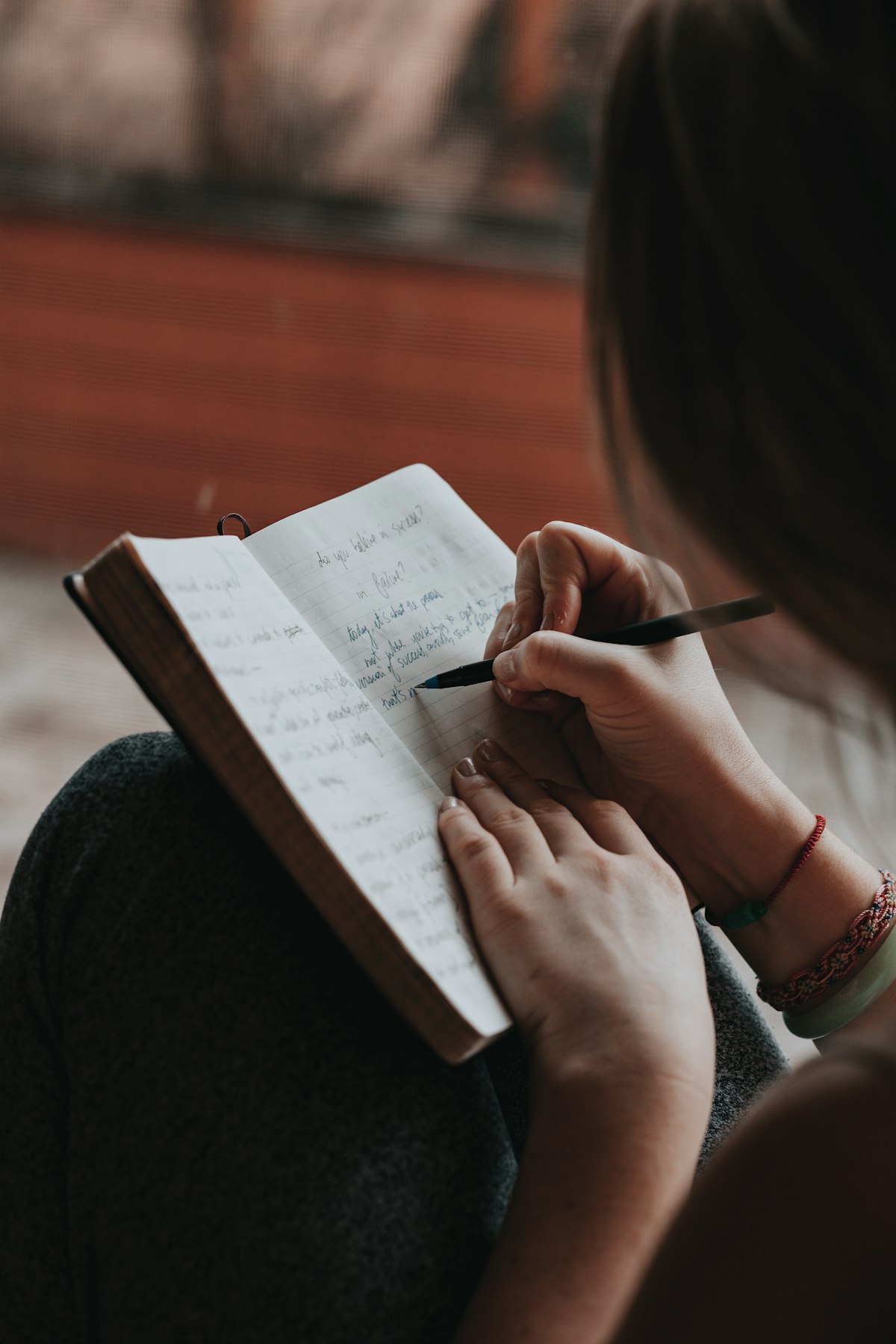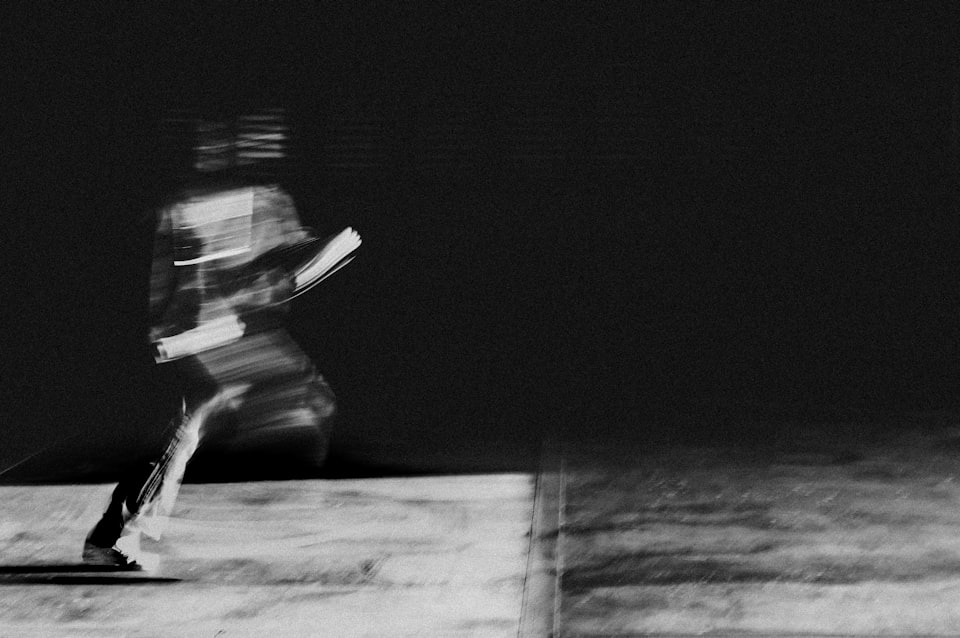After Journaling Over 1 Million Words, Here Are Lessons That I Learned

I don’t know where I would be today if it wasn’t for journaling. It started for me 11 years ago. My mother gave me a journal that my father started when he was diagnosed with terminal cancer when I was in high school. She gave me the journal because he had started it with the intention of trying to leave something behind for me.
The only thing is, there was ONLY ONE ENTRY.
Granted, it was a beautiful entry that when I look at it, it gives me a reminder of my father's handwriting and who I am. For years, I held onto that journal without wanting to write in it. I didn’t want to alter or change it. Then one day, I decided that I was going to continue it and start logging my own thoughts for me to go back to.
After that, I burned through a new journal every 4 months. Each paper notebook that I had filled up with about 40,000 words and I had a dozen of them. Then I got the DayOne journaling app and continued. That is currently at 570,000 words.
Journaling became an anchor to my life and these are the lessons that I learned from it.
Journaling Is About Process
90% of my journal entries I will never read again. The therapy that comes out of it is more about the process than referring back to it in the future.
If you want to refer back to it, it will always be there.
The process of journaling in itself is therapeutic. It helps me slow down my thoughts and see them on the page.
Journaling Can Show Thought Patterns
I can’t tell you how many times I’ve looked at my journal and read disdain for myself.
This was a reminder to be kind to me. Writing is ultimately thinking. Our thoughts govern most of our lives. If you want to think in a new way, start writing in a new way.
This will take time. Many days the writing will not feel authentic and that’s okay. Write out that you don’t think it feels authentic.
Pen and Paper Can Often Be Better
Even though I’ve had a digital journal for years, I still go back to pen and paper.
Looking back at old entries with pen and paper I can almost tell the mood that I was in from how my handwriting looked.
Handwriting can tell you a lot about yourself and it’s something that has been lost in the digital age.
It’s okay to have a digital journal but switching back to a paper one when things feel stale keeps the passion alive.
You Can Become A Better Writer Journaling
One thing that I have been working on with my journal is to write my entries in memoir style.
Instead of jotting down what you did that day and making it basic. Write out how you perceived them and what your emotions were.
You will learn more about yourself in the process and help work through problems faster in writing this way.
It does take some time. Writing in a new style can often feel mechanical in the beginning. Words won’t flow right and you will feel clunky.
Give it a try for a month before giving up.
Start Off Asking Yourself What Is Going Well
It’s easy to focus on the negatives in life. Negativity sells after all. One bad thing can wash out the ten good things that happened in a day.
Something positive can be as simple as “for a brief moment, I let go of all my anxieties today and that felt great.”
Focusing on those positive moments can help you appreciate them more.
If You Write Goals, Keep Yourself Accountable
Be careful when you write your goals down. If you write your goals down that, “I’m going to do ‘x’ today.” And then you never do it, you’re reinforcing to yourself that you can blow yourself off.
If you’re setting goals for yourself, keep them obtainable and if you do not reach them, ask yourself why and adjust to it.
Journaling can become an important practice. It can be whatever you want it to be and that’s part of the power of it. There doesn’t have to be a rigid structure behind it.
If you go a month without writing in your journal that’s okay. That also doesn’t mean that you need to write in your journal either.
I will note that when starting the habit, it is important to be consistent in the beginning. Then once you build the habit with it, you can do whatever you want with it.
Get some free journaling prompts here.




